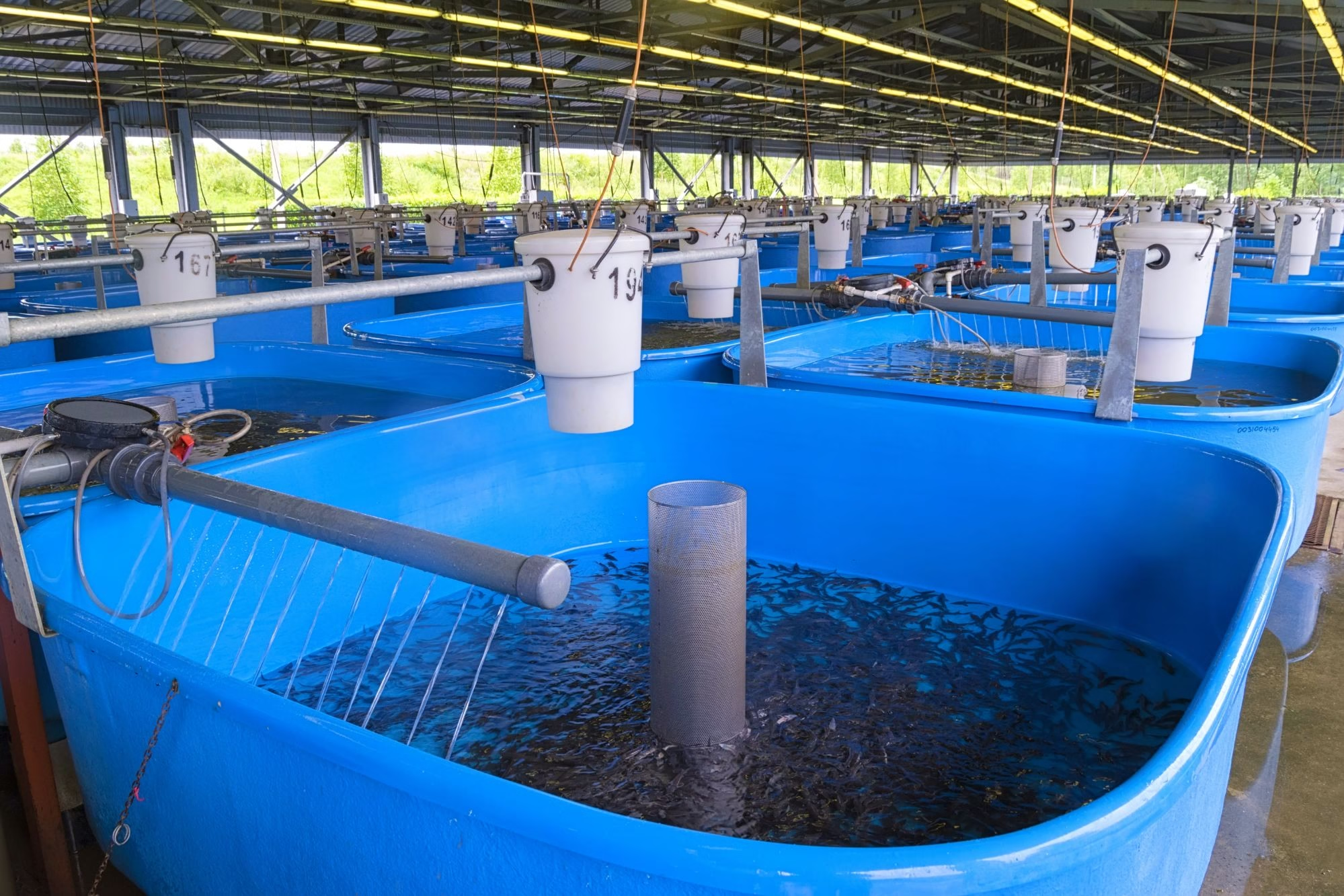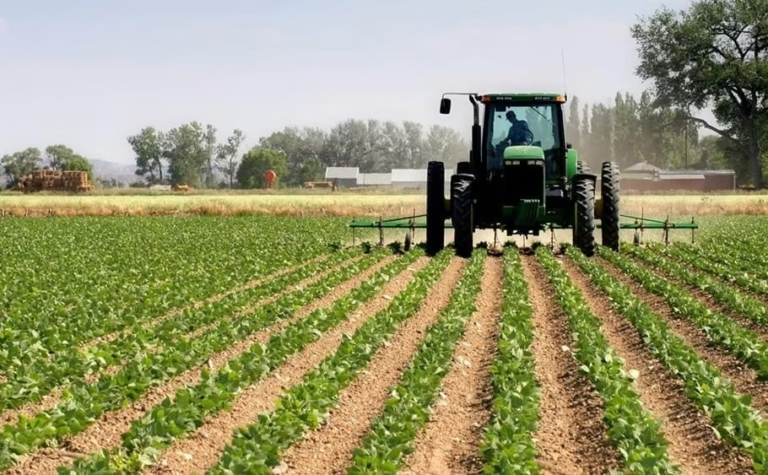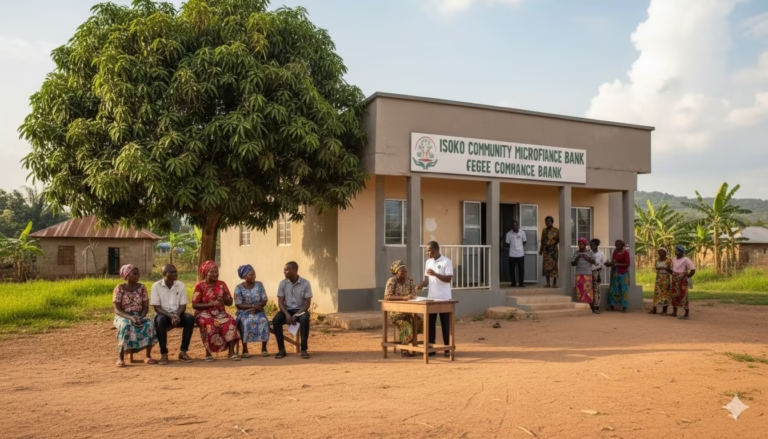Fish farming has become one of the fastest-growing small businesses in Nigeria, and Isoko land is no exception. With rivers, streams, and ponds spread across the communities, fish farming is not just for large-scale entrepreneurs. Even with little capital, you can start a small fish farm and grow it into a profitable venture.
Many young people and women in Isoko are turning to fish farming because it provides steady income, creates jobs, and supplies fresh fish to local markets. If you plan carefully, manage your farm well, and understand the basics, you can succeed without needing a lot of money to start.
Why Fish Farming Works in Isoko
Isoko has natural advantages for fish farming. There is easy access to water sources, and local markets often need more fresh fish than is available. This creates a consistent demand. Additionally, fish farming does not require expensive equipment or land. A small pond or tank can be enough to start producing fish for sale.
Fish farming is also flexible. You can raise catfish, tilapia, or other local species depending on your market and resources. The key is to choose a fish species that grows fast, resists disease, and sells well in your area.
Steps to Start Fish Farming with Little Capital
Starting small is important if you do not have much money. You can begin with a few ponds or tanks and expand as your business grows. Find a location near a reliable water source, preferably in a community where access is easy and transportation to the market is simple.
Next, build your pond. For a small startup, earthen ponds are cost-effective. You can also use tanks or concrete ponds if you prefer. Make sure the pond is well-prepared with proper water depth and good drainage.
After preparing the pond, get quality fingerlings from a trusted supplier. Healthy fingerlings are essential because they grow faster and have fewer diseases. Choose the right quantity based on your pond size.
Feeding your fish correctly is another important step. There are affordable fish feeds available locally. Feed the fish two or three times a day depending on their size. Avoid overfeeding as it can pollute the water and affect fish growth.
Finally, monitor water quality regularly. Clean water helps fish grow faster and prevents disease. Make sure there is proper oxygen in the water, and remove waste or dead fish quickly.
How to Sell Your Fish
Once your fish grow to market size, you can sell them locally in markets, to restaurants, or to neighbors. In Isoko, people often prefer fresh fish, so selling directly to consumers can give you better prices than selling to middlemen. Some fish farmers also partner with restaurants, hotels, or supermarkets to supply fish regularly.
Marketing your fish well can increase your profits. Use social media, community announcements, or local word-of-mouth to let people know your farm produces fresh, healthy fish.
Tips to Keep Costs Low and Profits High
Start small and grow gradually. Avoid taking loans until your business is stable. Use locally available materials for pond construction and equipment to save money. Take care of your fingerlings and water quality to reduce losses. Finally, reinvest profits to expand your farm and increase production over time.
Common Mistakes to Avoid
Some people start fish farming without preparing the pond properly. Others buy too many fingerlings for the pond size or feed the fish incorrectly. Ignoring water quality or disease signs can also lead to losses. By learning from experienced farmers and monitoring your farm carefully, you can avoid these mistakes.
Thoughts
Fish farming in Isoko is a profitable business if done right. With little capital, careful planning, and consistent effort, you can grow a small farm into a sustainable source of income. The demand for fresh fish in local markets ensures that your business can thrive. Fish farming is not only about money; it also contributes to food security and provides healthy protein for your community.







